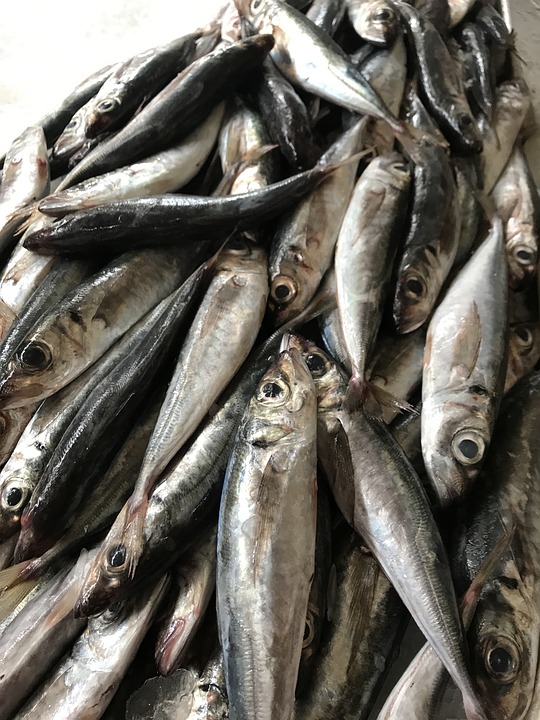
OTTAWA — A company made up of First Nations members from Quebec and Atlantic Canada — and led by the brother of a Liberal MP — has ended a decades-long monopoly on a multimillion-dollar clam fishery dominated by industry giant Clearwater Seafoods Inc.
Five Nations Premium Clam Co., has been awarded a new licence for Arctic surf clam, following last year’s move by the federal government to hive off a quarter of the fishery from Clearwater with the stated aim of boosting First Nations participation in the profitable industry.
“This is a powerful step toward reconciliation,” Fisheries Minister Dominic LeBlanc said in a statement.
“The inclusion of participants from each Atlantic province and Quebec will allow the benefits of this lucrative fishery to flow to a broad group of First Nations and will help create good, middle-class jobs for Indigenous peoples in each Atlantic province and Quebec.”
The fishing grounds for Arctic surf clams are located mainly off Nova Scotia and Newfoundland and Labrador. The current quota is about 38,000 tonnes worth tens of millions of dollars annually.
Five Nations Premium Clam will partner with Premium Seafoods to harvest, process and market the catch. Edgar Samson, whose brother is Liberal MP Darrell Samson, is listed as president for both companies.
Chief Aaron Sock of the Elsipogtog First Nation in New Brunswick said he applauds the government for “its commitment to reconciliation” and for the jobs the fishery will create in his community.
Sock, who is listed under Edgar Samson as a director and secretary for the new company, said that mid-March is the target date for finalizing what is, so far, an agreement in principle among the five First Nations. He declined to identify the nations until the deal is signed but said they include two Innu communities, from Quebec and Labrador, and two Mi’kmaq bands, from Prince Edward Island and Cape Breton, N.S.
The decision has spurred a backlash in Grand Bank, N.L., population 2,200, which has been home to Clearwater’s clam processing facilities for the past 27 years.
Mayor Rex Matthews said he is extremely disappointed that his community is being “hung out to dry” by a government with no respect for ordinary Canadians and their jobs.
“(LeBlanc) doesn’t seem to care about full time, middle-class jobs in Grand Bank that he is removing, as long as there are good middle-class jobs for the Indigenous people,” Matthews said.
Clearwater is crying foul over the announcement and has promised legal action against the government following its own unsuccessful bid, which involved partnering with 13 Mi’kmaq bands in Nova Scotia. The Nova Scotia-based company had held all the Arctic surf clam licences since the mid-1990s.
“We believe that the Mi’kmaq proposal was very strong and provided maximum benefits to Indigenous communities,” vice-president Christine Penney said in an interview.
She stressed that Clearwater supports promoting Indigenous participation in natural resource industries and that its opposition to the announcement is not a reflection on the communities or operators that will benefit.
“This decision, we believe, is a perverse outcome from an economic policy standpoint,” Penney said.
“Sadly, it’s ineffective for Indigenous interests and, frankly, inequitable to Clearwater as a major investor and job creator in what we all know is a struggling Atlantic economy.”
Clearwater has invested $156 million over the last three years to boost its capacity and develop the fishery and the market, the company said in a statement, adding that it took in more than $90 million from Arctic surf clam sales in 2016. That amounted to around 15 per cent of its total annual revenue.
The Atlantic surf clam fishery employs more than 450 individuals year round in 52 communities across Atlantic Canada, which represents $28 million in employment income, Penney said.
Sock said he was disappointed by Clearwater’s reaction.
“Whenever a First Nation gets ahead in any industry, it seems like there’s always a company like Clearwater that seems to want to keep the First Nations people down,” he said.
Neither the NDP nor the Conservative party responded immediately to a request for comment.
Arctic surf clams are caught offshore aboard factory freezer trawlers and mostly exported to Asia. When blanched, their purple colour turns red and is attractive to the sushi and sashimi market.